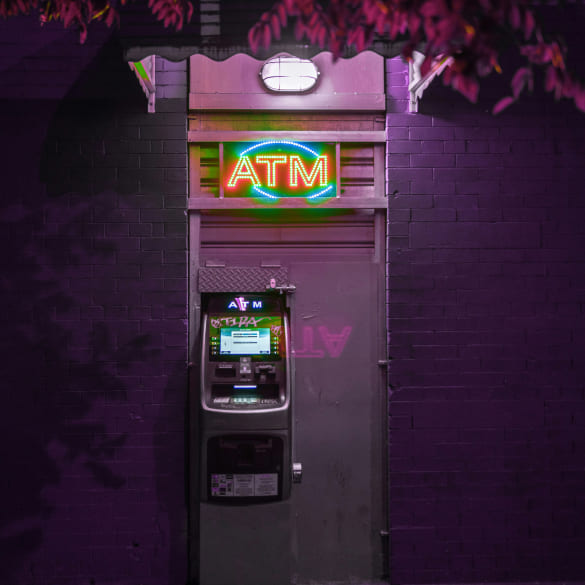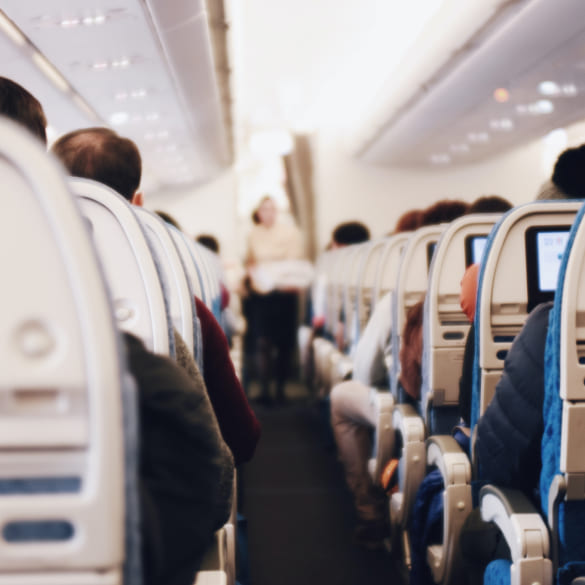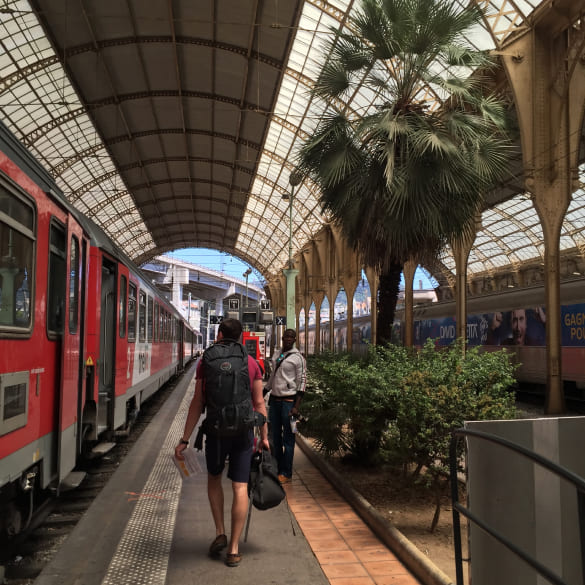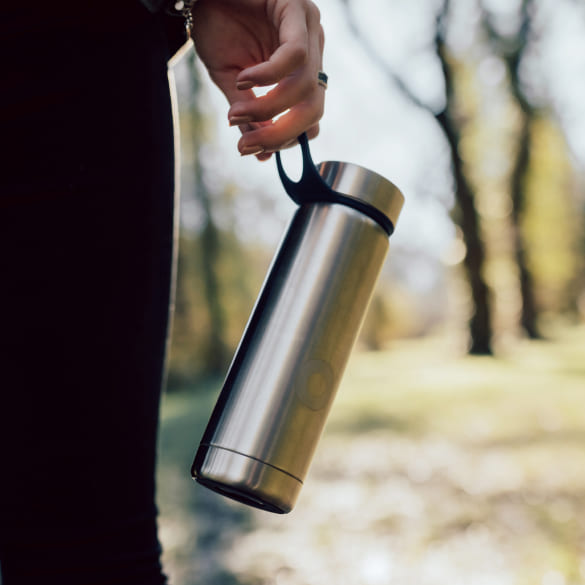How to be financially responsible on a food tourism holiday
It’s easy to get carried away with spending when you’re on holiday, especially when your focus is food. However, there’s a balance between making the most of your trip and not needing to worry about your bills when you get back home. Here’s how to be financially responsible on a food tourism holiday.

Create a budget and stick to it
Make a list of all your expenses, including the cost of any food experiences you don’t want to miss out on, and give yourself a buffer for unexpected emergency costs. Chances are you won’t need it, but knowing you have it will give you peace of mind.
Know what fees your credit and debit cards might incur
Some banks will charge a fee for transactions you make while abroad, or for withdrawing cash at a foreign ATM. These fees can build up over the course of your trip, adding a significant amount to your spending. Make sure you know what the fees are so you can factor them into your budget or, better still, open a current account which doesn’t charge you and transfer your money for the trip into it. Money Saving Expert has a list of cards they recommend for travel.

Don’t forget travel insurance
While most trips are likely to be trouble free, you never know. Taking out an adequate travel insurance policy will save you from paying hefty medical fees abroad. If you travel frequently, you might consider an annual policy, which could work out as better value for money over time.
Fly economy
Not only does it cost less, but it lowers your carbon footprint considerably. This is because the plane’s emissions split between a greater number of passengers. Studies are inconsistent in the exact difference it can make, but here are some estimates:
- The carbon footprint of a first-class passenger on a long-haul flight is around 5.5 times that of an economy-class passenger
- The footprint of a business-class passenger on a long-haul flight is around 3.5 times that of an economy-class passenger
- Some first-class passengers can have a footprint around 9 times that of an economy-class passenger

Take the train instead
If you’re able to, take a train. They emit significantly less carbon than planes do. For example, a trip from London to Madrid would emit 118kg of carbon dioxide (around 260lbs) if taken via plane, but 43kg (around 95lbs) if taken via train.
Use public transport when you’re there
Obviously this depends on what’s available, but if your destination has a decent public transport system, it’s much cheaper and more environmentally friendly than hiring a car or getting a taxi.
Stay at locally run accommodation
This keeps your money within the local economy, rather than putting it towards a larger chain that may not have the area’s best interests in mind.

Visit a speciality food store
Looking for souvenirs? Avoid the gift shops and seek out a specialty food store instead. You’ll lend your support to producers in the area and be able to take home a taste of your trip.
Avoid chains
You’re probably planning to avoid chains anyway if you’re a food tourist. But, like avoiding chain hotels, seeking out local businesses for your culinary experiences benefits the local economy. And it means you get to try something you wouldn’t get at home.
Bring a refillable water bottle
If the local water is safe to drink then this will save you money on buying bottled water. Many restaurants and cafes will happily fill up your bottle for free if you’ve given them your custom, and lots of cities now have water fountains dotted at convenient intervals.
